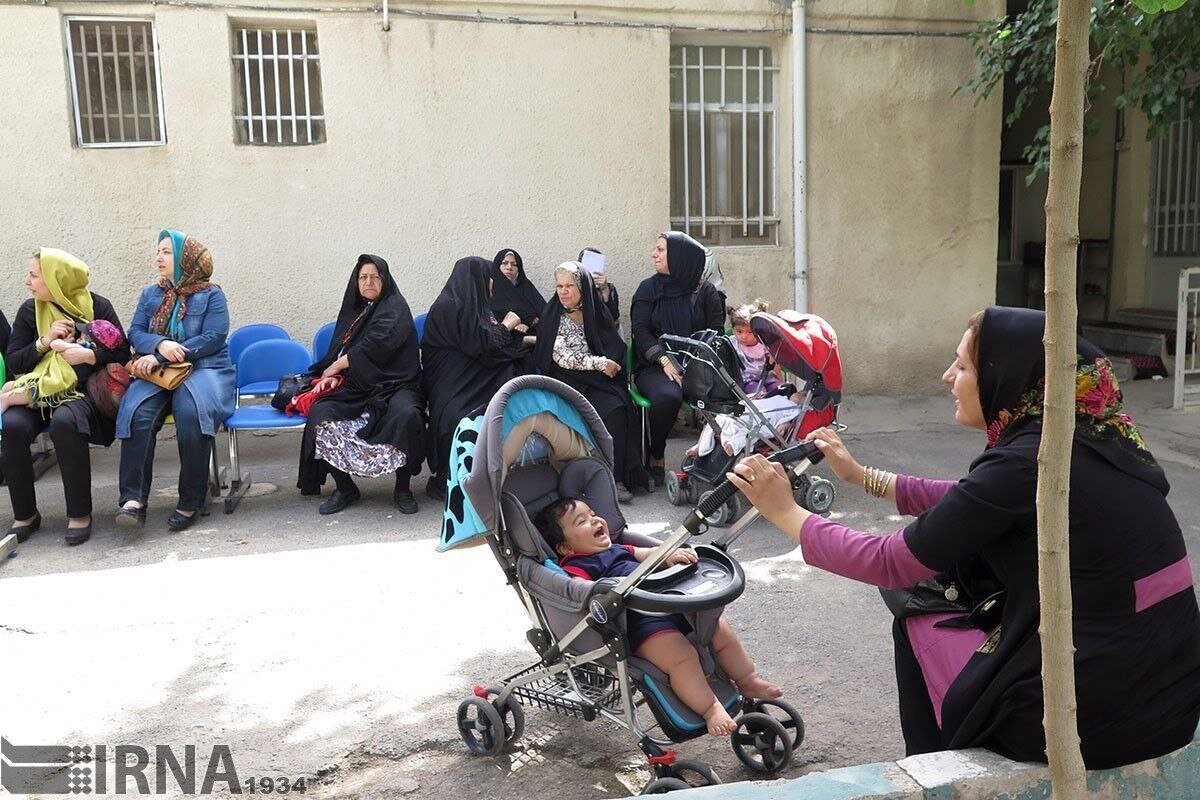Maternal health literacy secures family health

TEHRAN – Maternal health literacy is one of the main key factors in ensuring the health of the family and society. It involves engaging in preventive behaviors, adopting healthy nutrition and lifestyle, as well as promoting mental, sexual, and reproductive health.
‘Maternal health literacy, youth population, empowered generation’ is the theme of the third day of the National Health Week, being observed from April 21 to 27.
Women’s Health Literacy refers to women’s ability to access, understand, evaluate, and use health information to make appropriate health decisions about their families and their own health. It also includes health knowledge, disease prevention, medical care, and the ability to interact effectively with the health system.
Mothers with a high level of health literacy can properly provide prenatal care and proper nutrition, their behavior affects their own and their children’s health. They use care services to identify signs of risk factors timely.
Also, maternal health literacy contributes to playing an active role in preventing communicable and non-communicable diseases, and promoting the health of families as well as the society.
Maternal health literacy, along with intelligent management of the youth population and investment in youth, will lead to the creation of a dynamic and healthy society. The fulfilment of this strategic triangle requires long-term planning and participation from all sectors of society.
National health week
The national health week aims to raise public awareness of critical health challenges and unite forces to promote public health.
The days of the week focus on the following topics.
Monday, April 21, ‘Health equity with the family physician and referral system’
Tuesday, April 22, ‘Healthy environment, healthy society with public participation’
Wednesday, April 23, ‘Maternal health literacy, youth population, empowered generation’
Thursday, April 24, ‘Culture, art, media, and health’
Friday, April 25, ‘Public exercise, public health’
Saturday, April 26, ‘Fetal care, new-born health, a promising future’
Sunday, April 27, ‘Say no to accidents, yes to life’
World Health Day is celebrated on April 7 annually to mark the establishment of the World Health Organization (WHO) in 1948.
World Health Day 2025 themed ‘Healthy beginnings, hopeful futures’ seeks to encourage governments and health communities to minimize preventable deaths of mothers and newborns by adopting initiatives that focus on mothers’ and babies’ survival, and prioritize women’s longer-term health and well-being.
Helping every woman and baby survive and thrive is a critical task. Tragically, based on currently published estimates, close to 300,000 women lose their lives due to pregnancy or childbirth each year, while over 2 million babies die in their first month of life, and around 2 million more are stillborn. That’s roughly 1 preventable death every 7 seconds.
Based on current trends, a staggering 4 out of 5 countries are off track to meet targets for improving maternal survival by 2030. 1 in 3 will fail to meet targets for reducing newborn deaths.
Women and families everywhere need high-quality care that supports them physically and emotionally, before, during, and after birth.
Health systems must evolve to manage the many health issues that impact maternal and newborn health. These not only include direct obstetric complications but also mental health conditions, noncommunicable diseases, and family planning.
Additionally, women and families should be supported by laws and policies that safeguard their health and rights. The main objectives of this year’s campaign are as follows.
To raise awareness about gaps in maternal and newborn survival and the need to prioritize women’s longer-term well-being.
To advocate for effective investments that improve the health of women and babies.
To encourage collective action to support parents as well as health professionals who provide critical care.
To provide useful health information relating to pregnancy, childbirth, and the postnatal period.
Leave a Comment